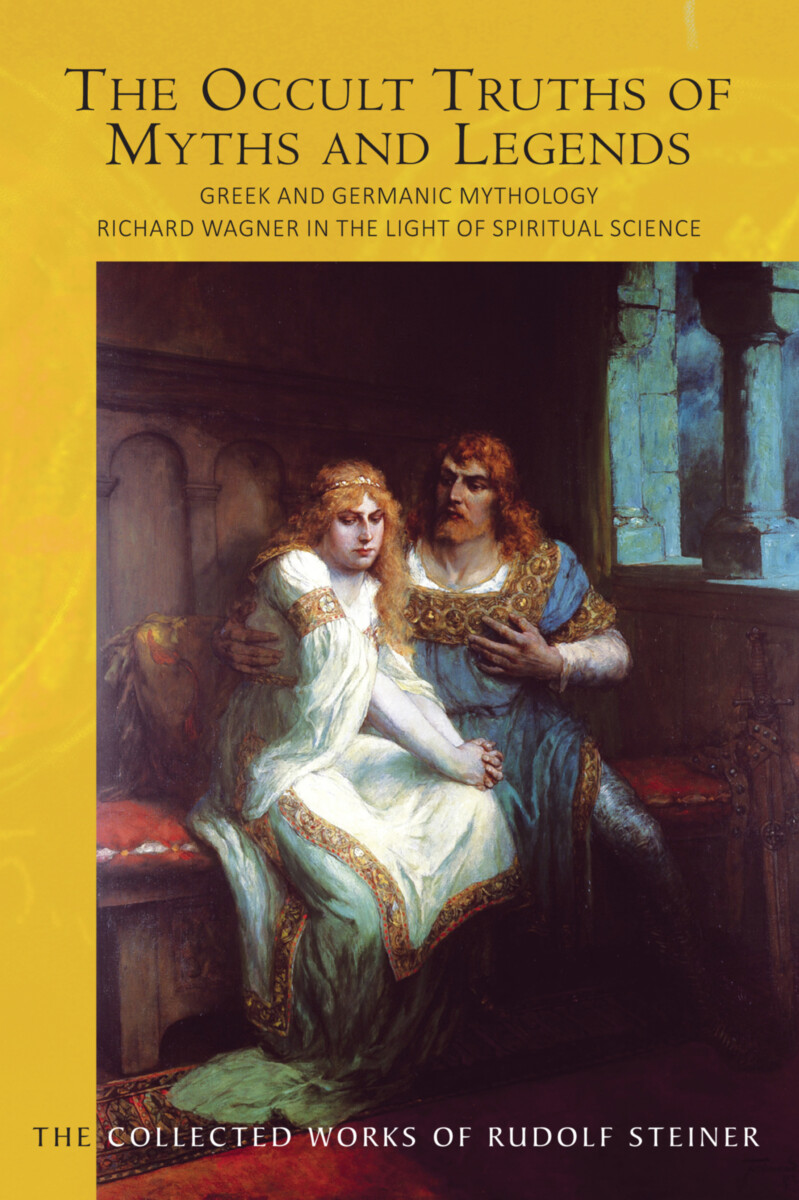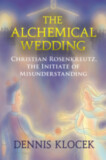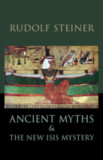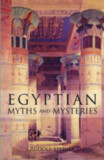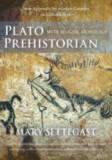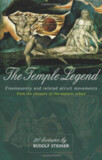The Occult Truths of Myths and Legends
Greek and Germanic Mythology: Richard Wagner in the Light of Spiritual Science (CW 92)
- Publisher
Rudolf Steiner Press - Published
31st January 2023 - ISBN 9781855846043
- Language English
- Pages 214 pp.
- Size 6" x 9.25"
16 lectures, Berlin, Cologne, Nuremberg, June 24, 1904 – December 2, 1907 (CW 92)
“All physical events are the shadows of supersensory events. The battle between spiritual forces and materialism is a reflection of the battle between the hosts of Beelzebub and Mammon against Michael. This battle had to be fought first on the higher planes. It was won there by Michael thirty years ago, and the present battle here on the physical plane is a reflection of it. Above, the battle has been decided, but for the individual human being it is not finished yet. If the human beings of today are not equal to this, we will all have to perish and new human beings would have to come. This shows us the juncture, the path, that the individual today needs to take.” — Rudolf Steiner (June 24, 1904)
In this series of previously untranslated lectures, Rudolf Steiner describes how myths and legends portray humanity’s most ancient evolutionary and spiritual history. Folklore presents ancient mystical wisdom in the form of stories clothed in pictures by initiates that enable individuals to understand their content in a more intellectual form in the future.
Focusing on Greek and Germanic mythology, the first part covers the chronicles of Prometheus, Daedalus and Icarus, Parsifal, and Lohengrin, the Argonauts and the Odyssey, and the heroic dragon-slayer Siegfried. From these focal points, Steiner discusses a variety of themes, from the Druidic mysteries and the beginning of Rome to the esoteric background of Wolfram von Eschenbach, and from good and evil and Socrates’ unjust death sentence to the significance of marriage.
The second part features lectures on the nature and significance of Richard Wagner’s musical dramas. Steiner discusses Wagner’s work, from a spiritual perspective, covering his earliest attempts up to Parsifal, his most mature opera. Although Wagner was never fully conscious of the profound meanings behind his compositions, Steiner suggests that his development of Germanic legends was driven by an instinctive, creative, and artistic certainty that accords with profound esoteric facts.
This volume is a translation from German of Die okkulten Wahrheiten alter Mythen und Sagen (GA 92). Cover image: Lohengrin (1916), by Ferdinand Leeke.
C O N T E N T S:
Editor’s Preface
Introduction by Paul King
I: GREEK AND GERMANIC MYTHOLOGY
1. Good and Evil
2. Reading the Akasha Chronicle: Wolfram von Eschenbach
3. Sacramentalism: Daedalus and Icarus
4. Germanic Mythology
5. Reincarnation
6. The Mysteries of the Druids
7. The Legend of Prometheus
8. The Legend of the Argonauts and the Odyssey
9. The Legend of Siegfried
10. The Trojan War
II: RICHARD WAGNER IN THE LIGHT OF SPIRITUAL SCIENCE
1. Wagner and the Guidance of Humanity by the Great Initiates
2. From Ancient Astral Clairvoyance to Intellectual Wisdom
3. Wagner and the Birth of the “I” in the Fifth Epoch
4. The Impulse of Wagner toward Reunifying Art, Religion, and Science
5. Parzival and Lohengrin
6. Richard Wagner and His Relation to Mysticism
Notes
Index
Rudolf Steiner
Rudolf Steiner (b. Rudolf Joseph Lorenz Steiner, 1861–1925) was born in the small village of Kraljevec, Austro-Hungarian Empire (now in Croatia), where he grew up. As a young man, he lived in Weimar and Berlin, where he became a well-published scientific, literary, and philosophical scholar, known especially for his work with Goethe’s scientific writings. Steiner termed his spiritual philosophy anthroposophy, meaning “wisdom of the human being.” As an exceptionally developed seer, he based his work on direct knowledge and perception of spiritual dimensions. He initiated a modern, universal “spiritual science” that is accessible to anyone willing to exercise clear and unbiased thinking. From his spiritual investigations, Steiner provided suggestions for the renewal of numerous activities, including education (general and for special needs), agriculture, medicine, economics, architecture, science, philosophy, Christianity, and the arts. There are currently thousands of schools, clinics, farms, and initiatives in other fields that involve practical work based on the principles Steiner developed. His many published works feature his research into the spiritual nature of human beings, the evolution of the world and humanity, and methods for personal development. He wrote some thirty books and delivered more than six thousand lectures throughout much of Europe. In 1924, Steiner founded the General Anthroposophical Society, which today has branches around the world.


